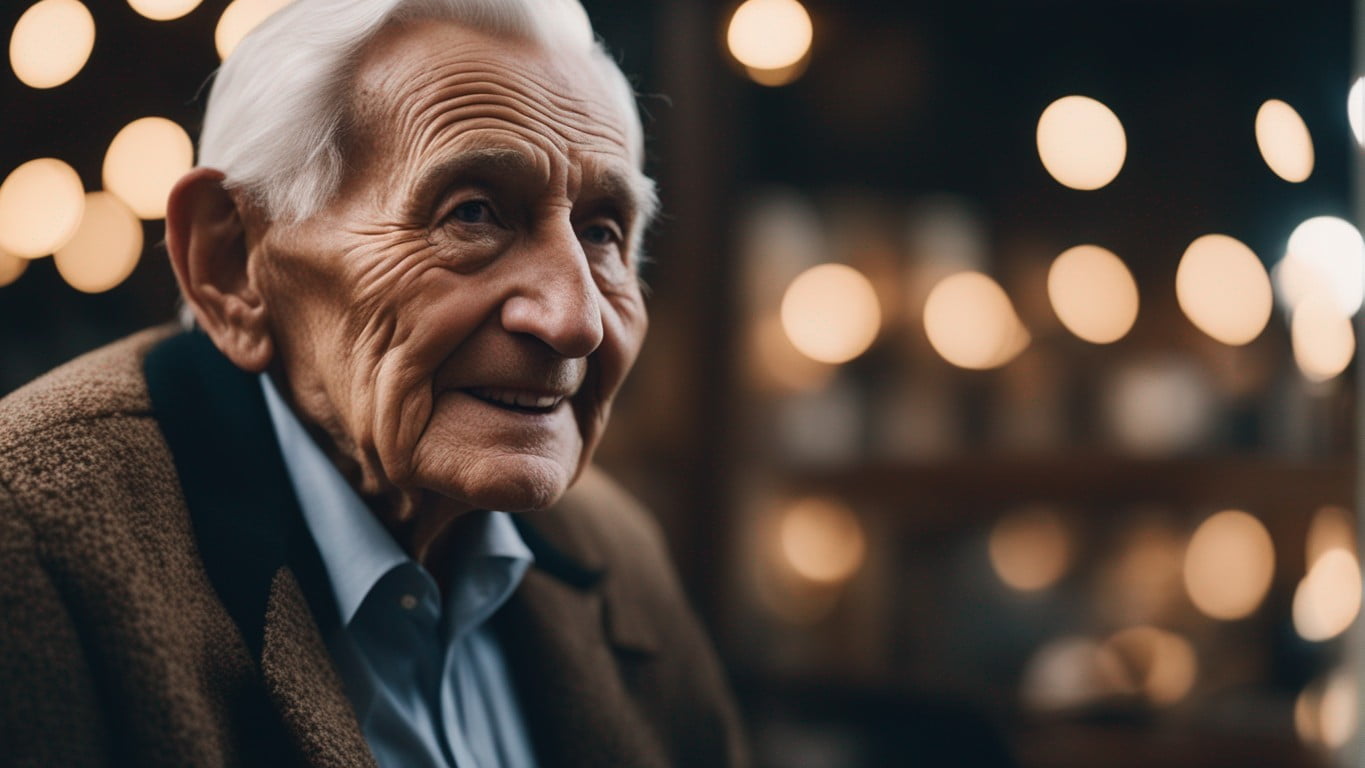
The world’s oldest man, Jose Paulino Gomes, has passed away at the remarkable centenarian age of 127.
Born on August 4, 1895, in Brazil, Jose attributed his long life to a simple lifestyle and his love for a “little drink.” He left behind a large family, including seven children, 25 grandchildren, 42 great-grandchildren, and 11 great-great-grandchildren. While his longevity is impressive, it raises questions about the factors that contribute to living a long and healthy life. In exploring Jose’s life and his approach to health, we can draw insights that align with the broader themes of longevity, aging research, life extension, healthspan, life quality, centenarians, and supplements.
The Philosophy of Longevity
Jose’s remarkably long life offers a window into the philosophy of longevity, which emphasizes the importance of simple and natural living. Jose’s granddaughter, Eliane Ferreira, described him as a “very simple, very humble” man who enjoyed a lifestyle rooted in the countryside. He preferred organic, locally sourced food and believed in the power of natural products over industrialized ones. This philosophy aligns with the growing interest in holistic approaches to health and longevity. It reminds us that sustainable long-term health is often found in simplicity, natural environments, and traditional practices.
Holistic Approaches to Healthspan
Jose’s lifestyle choices reflect an understanding of holistic health practices. By consuming locally grown and raised food, he ensured the quality and freshness of his diet. This approach to nutrition can have a significant impact on healthspan, the period of life spent in good health. Locally sourced food tends to be more nutrient-rich and free from harmful additives and pesticides. Jose’s emphasis on natural products also aligns with the increasing interest in organic and plant-based diets as a means to promote longevity and overall well-being.
The Social Aspect of Longevity
The strong sense of community and family that Jose experienced also played a crucial role in his long life. With seven children and a large extended family, he had a support network that provided social connections, emotional support, and a sense of purpose. Research consistently shows that social interaction and strong social ties contribute to better health outcomes and increased lifespan. The importance of social connections in promoting longevity cannot be overlooked, as they provide opportunities for positive experiences, reduced stress levels, and enhanced emotional well-being.
The Role of Centenarians in Aging Research
Centenarians like Jose play a pivotal role in aging research. Studying individuals who have lived past the age of 100 offers valuable insights into the factors that contribute to longevity. Longevity studies often focus on centenarians to identify genetic, lifestyle, and environmental factors that may contribute to their exceptional longevity. Jose’s life and his family’s long-lived members provide a unique opportunity for researchers to understand the potential genetic factors that influence longevity and age-related diseases.
Key Points:
– Jose Paulino Gomes, the world’s oldest man, passed away at the age of 127 in Brazil.
– Jose attributed his long life to a simple lifestyle and his preference for natural and locally sourced food.
– His love for a “little drink” was also a part of his long life philosophy.
– Jose left behind a large family, including seven children, 25 grandchildren, 42 great-grandchildren, and 11 great-great-grandchildren.
– His approach to life aligns with holistic health practices, emphasizing organic, locally sourced food and natural products.
– Social connections and a strong sense of community played a significant role in Jose’s longevity.
– Centenarians like Jose provide valuable insights into the factors that contribute to exceptional longevity and are essential in aging research.
Source Article: https://www.thesun.co.uk/news/23261071/worlds-oldest-man-jose-paulino-gomes-dies-aged-127/



